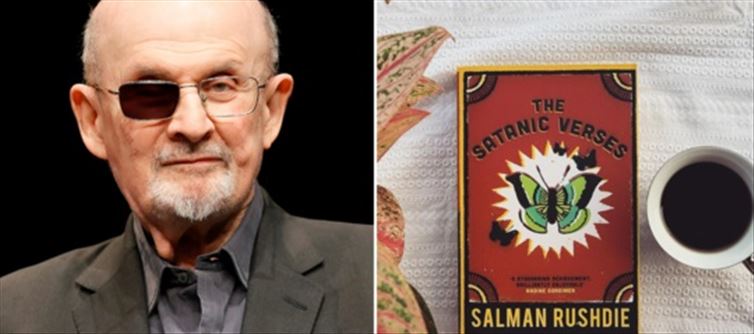
Background of the Ban
When 'The Satanic Verses' was published in 1988, it was immediately criticized by Muslim groups throughout the world for what they saw as blasphemous material. The indian government, led by prime minister Rajiv Gandhi, outlawed the book's import the same year in reaction to massive demonstrations and to preserve public order. india became the first nation to outlaw the book, establishing a precedent that was adopted by several other countries.
The Legal Challenge
Sandipan Khan, a bibliophile, petitioned against the import restriction in 2019 because he could not locate any official records of it. The Central Board of Indirect Taxes & Customs (CBIC) acknowledged throughout the court hearings that the initial 1988 notification could not be traced. The delhi High court essentially lifted the import prohibition on november 5, 2024, when it determined that the ban could not be properly enforced without the notification.
Controversial Elements of The Satanic Verses
One of the most contentious works of the late 20th century is the epic magic realism novel "The Satanic Verses." Many Muslims deemed its whimsical and mocking depiction of islam to be offensive, which sparked demonstrations and calls for its outlawing. Particularly controversial were the novel's depictions of the Prophet Muhammad and its allusions to Islamic history, which led to charges of disdain for the faith.
Implications of the Court's Decision
'The Satanic Verses' can now be legally imported and sold in india thanks to the court's decision. Nonetheless, the ruling has rekindled discussions about censorship, freedom of speech, and striking a balance between creative freedom and religious beliefs. Others worry about possible conflicts within the community, while others applaud the action as a win for literary freedom.
Salman Rushdie's Perspective
Mumbai-born salman Rushdie has had a complicated connection with india, particularly since the ban. Although he has not made any public remarks on the new court ruling, his previous remarks have made clear how disappointed he is by the ban in his native country. The ban's removal could open the door for Rushdie and the indian literary community to interact again.




 click and follow Indiaherald WhatsApp channel
click and follow Indiaherald WhatsApp channel